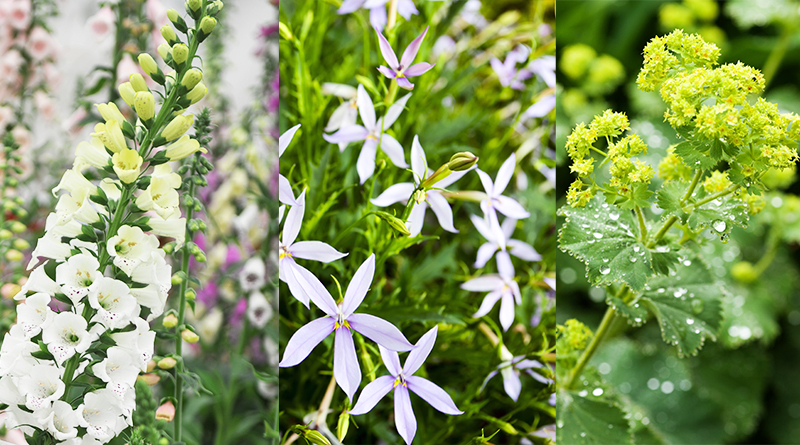Simple, beautiful seeds to sow in January
Despite the cold weather, it’s time to start thinking about spring and what seeds to sow in January. Winter has only just begun so you’ll need to be careful of cold snaps.
If you’re growing indoors, you are exposing your seedlings to higher temperatures then their use to. With all these conditions, you’ll need to be patient.
That said, there is not reason you can’t get a head start on your 2024 garden now.
Everything you’ll need
- Seed tray / pod: Give your seeds the best chance from the very start by giving them a comfortable home to begin their life.
- Compost: It would be worth spending a bit more money on well know peat-free seed compost such as Westland John Innes Peat Free Seed Sowing Compost.
- Sunny windowsill: You can start seeds off by simply putting them in on a sunny windowsill (under glass or plastic propagator).
- Propagators: Heated propagators are available in a range of shapes and sizes. These provide the perfect growing conditions for seedlings during the cold winter period.
- Cold Frames: You can also add a bit of extra insulation to your existing cold frame.
What seeds to sow this January under cover
We’ve put together a list of plants you can sow this month
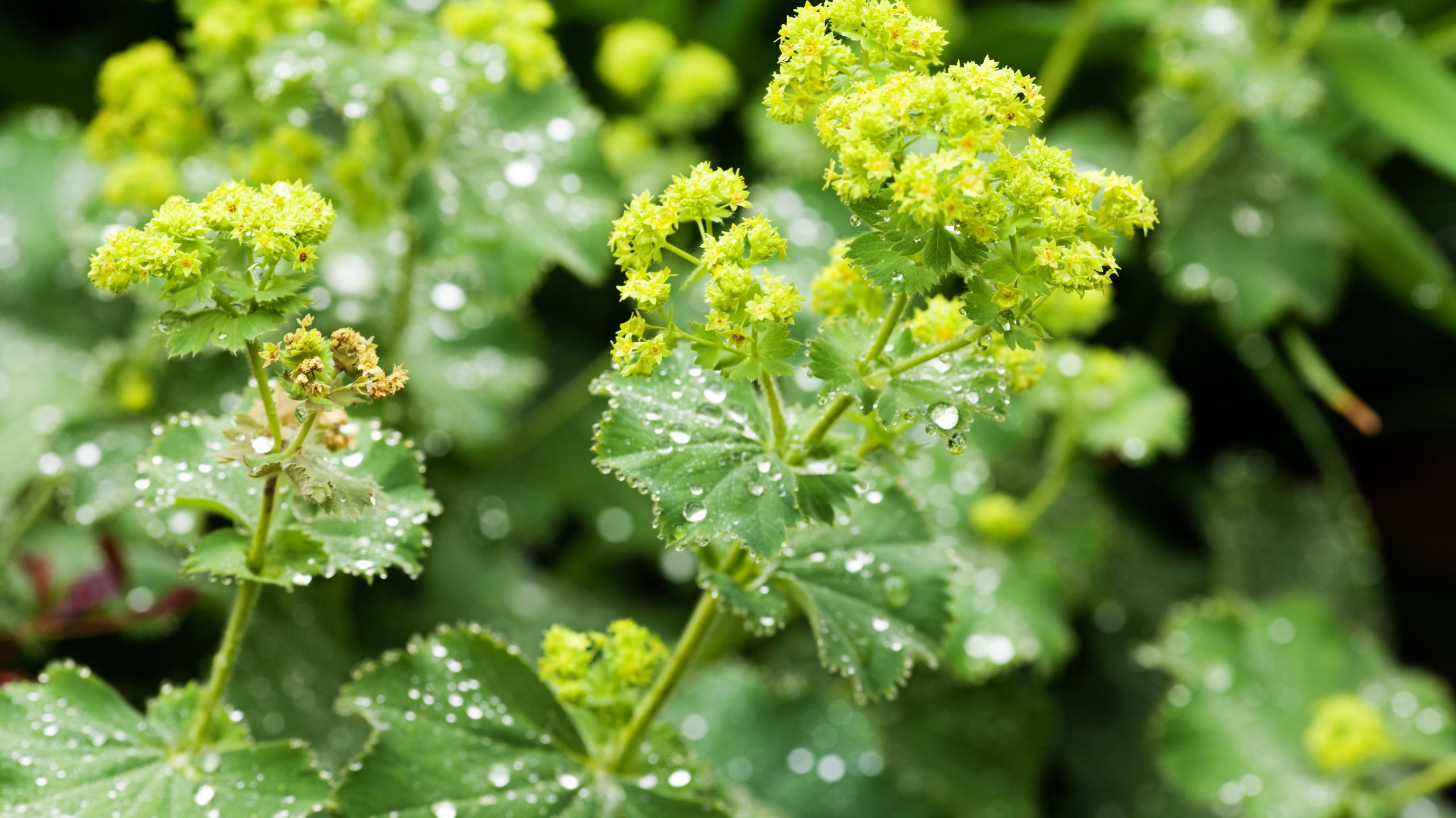
Mantle flowers (Alchemilla mollis)
Alchemilla mollis, commonly known as lady’s mantle, is a perennial herbaceous plant that belongs to the Rosaceae family. Native to southern Europe, it has become popular in gardens around the world for its attractive foliage and delicate flowers. The name “Alchemilla” is derives from the Arabic word “alkemelych” meaning “little magical one”. This alludes to the historical belief in the plant’s mystical properties.
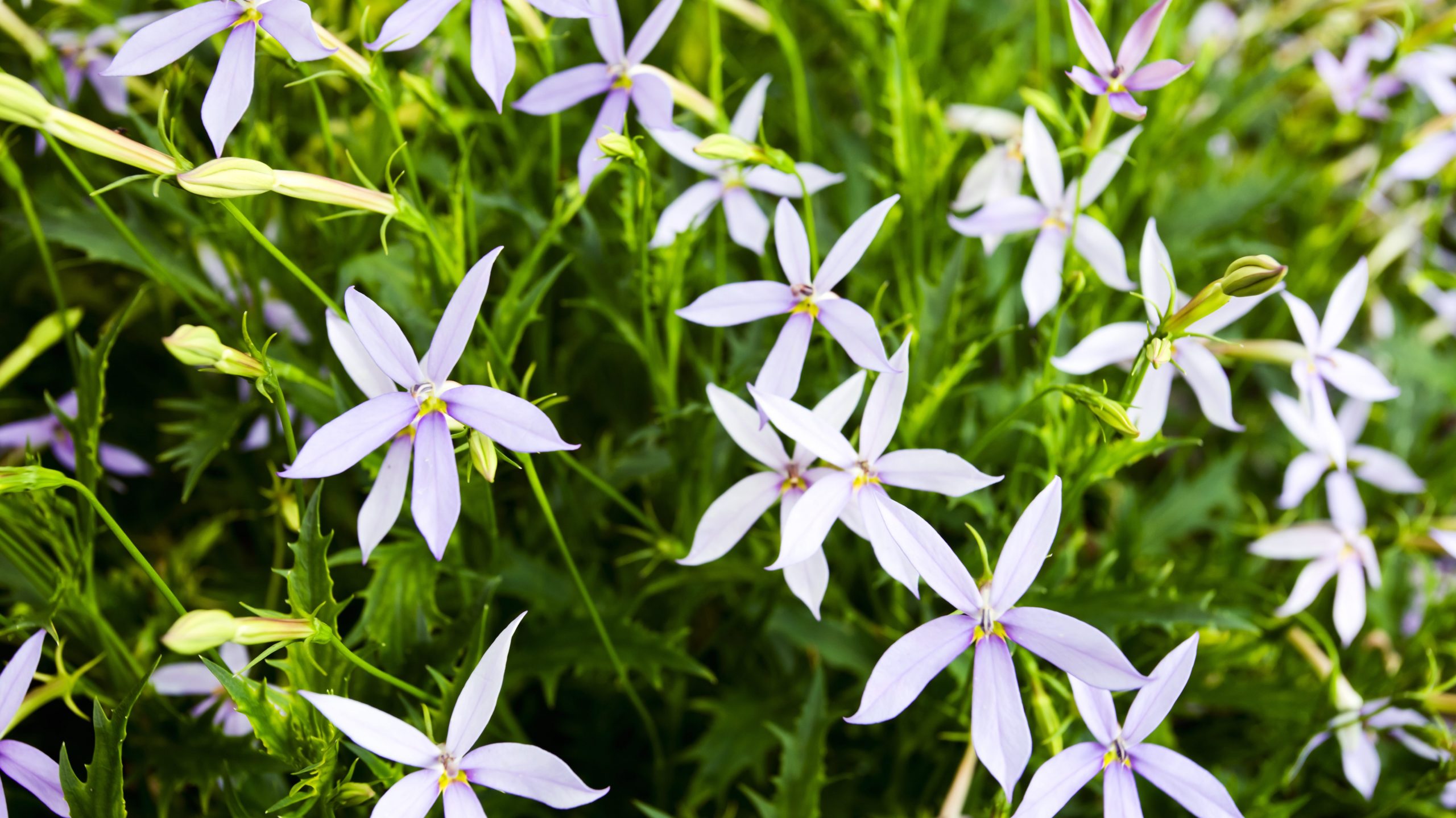
Laurentia axillaris
Laurentia axillaris, or blue star creeper, is a charming and adaptable ground cover with small, star-shaped blue flowers and lush green foliage. Its ability to form dense mats makes it a practical choice for landscaping projects, providing both aesthetic appeal and functionality as a low-maintenance ground cover in a variety of garden settings.
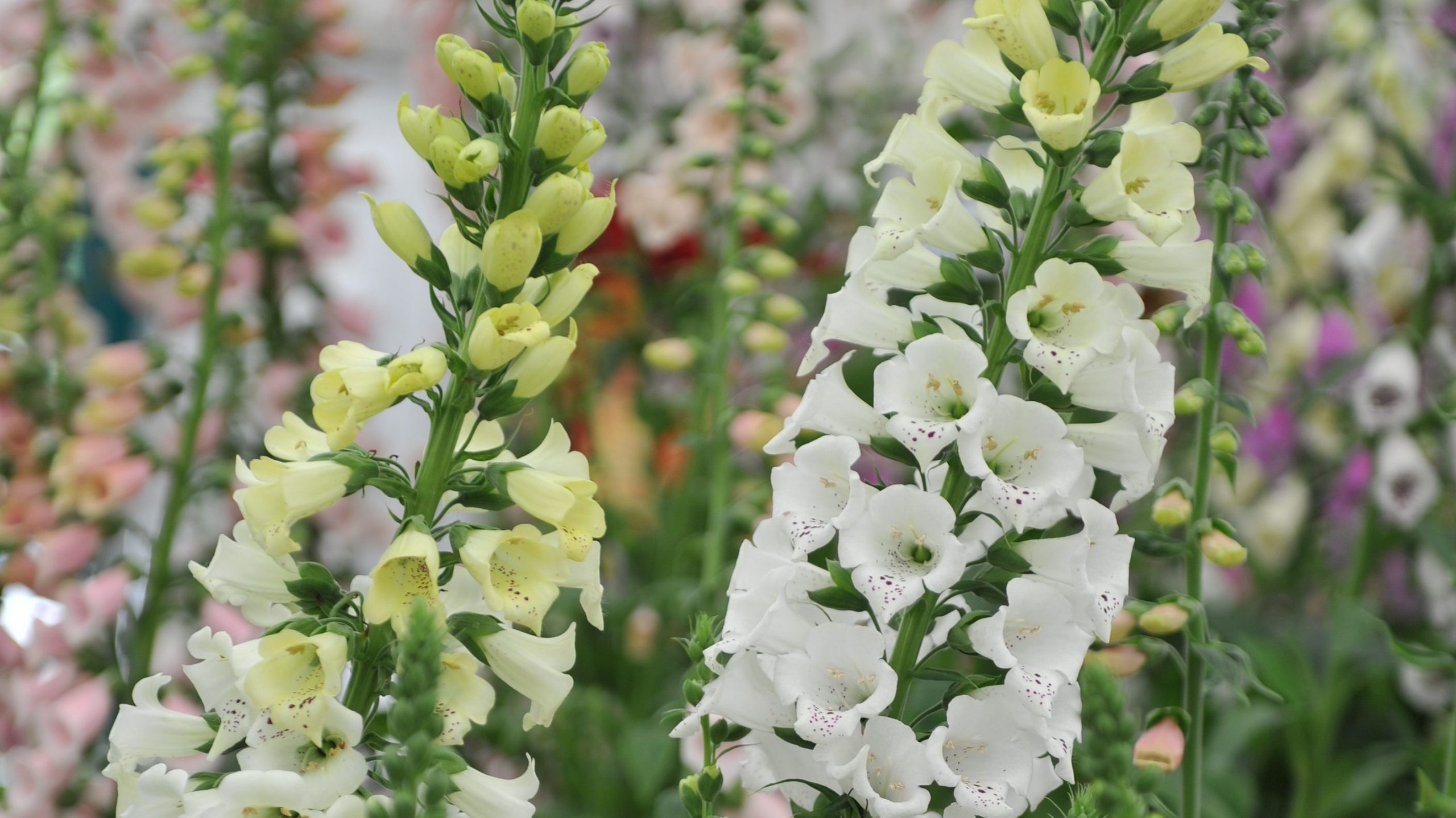
White common foxglove (Digitalis purpurea) Snowy Mountain
Common foxgloves are biennial or short-lived perennials that produce a rosette of large, soft, and hairy leaves in the first year. In the second year, a tall flower spike emerges, reaching heights of 3 to 5 feet (approximately 1 to 1.5 meters). The tubular flowers have in a vertical spike, and they come in various shades, including pink, purple, white, and sometimes yellow.
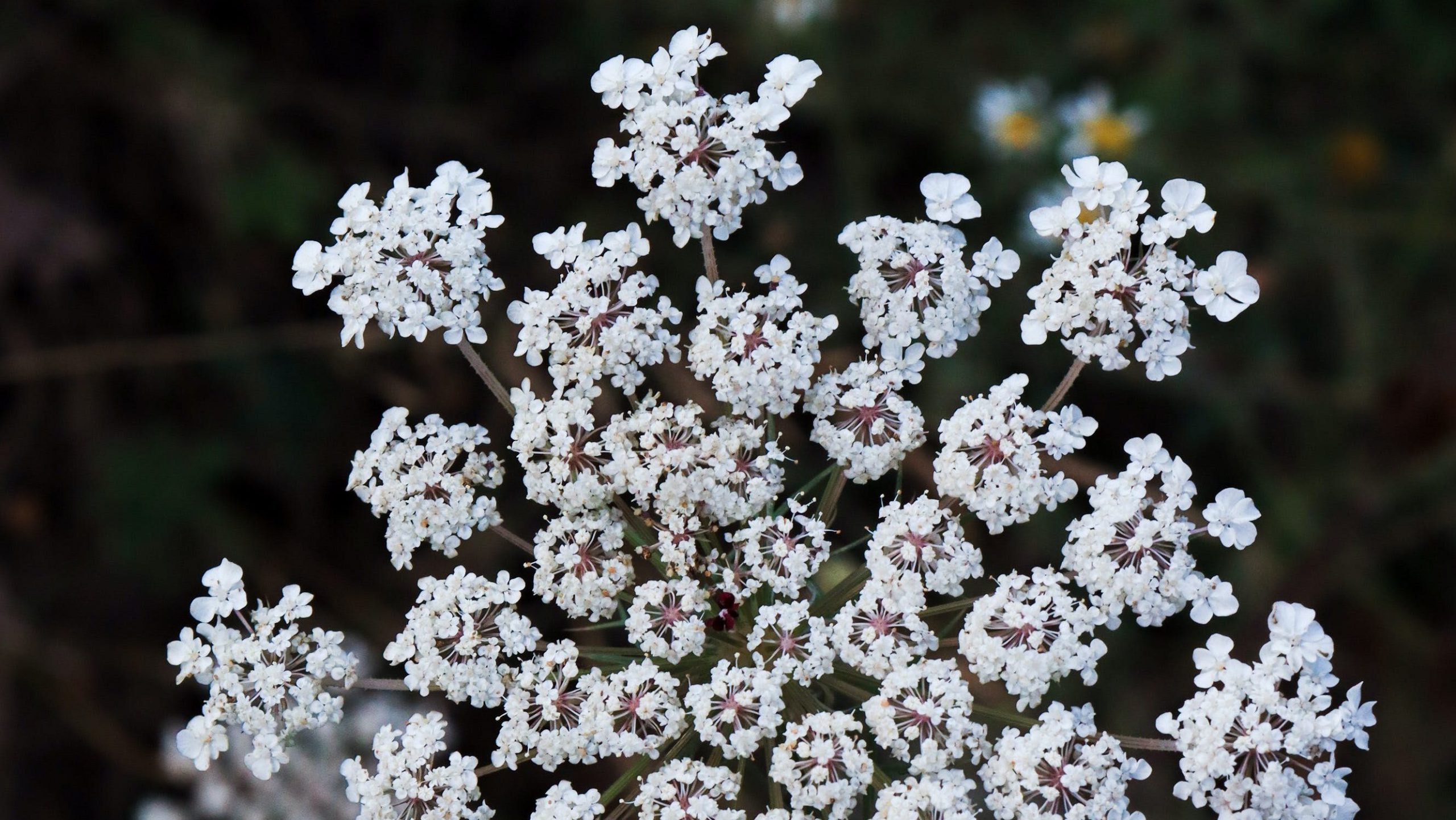
Daucus carota Wild Carrot
The small flowers of Daucus carota have an umbrella-like cluster, known as an umbel. The overall appearance of the umbel resembles lace and is often called as Queen Anne’s lace. The central flower is often darker in color and is believed to mimic a droplet of blood, contributing to the plant’s other common name, “bird’s nest.”
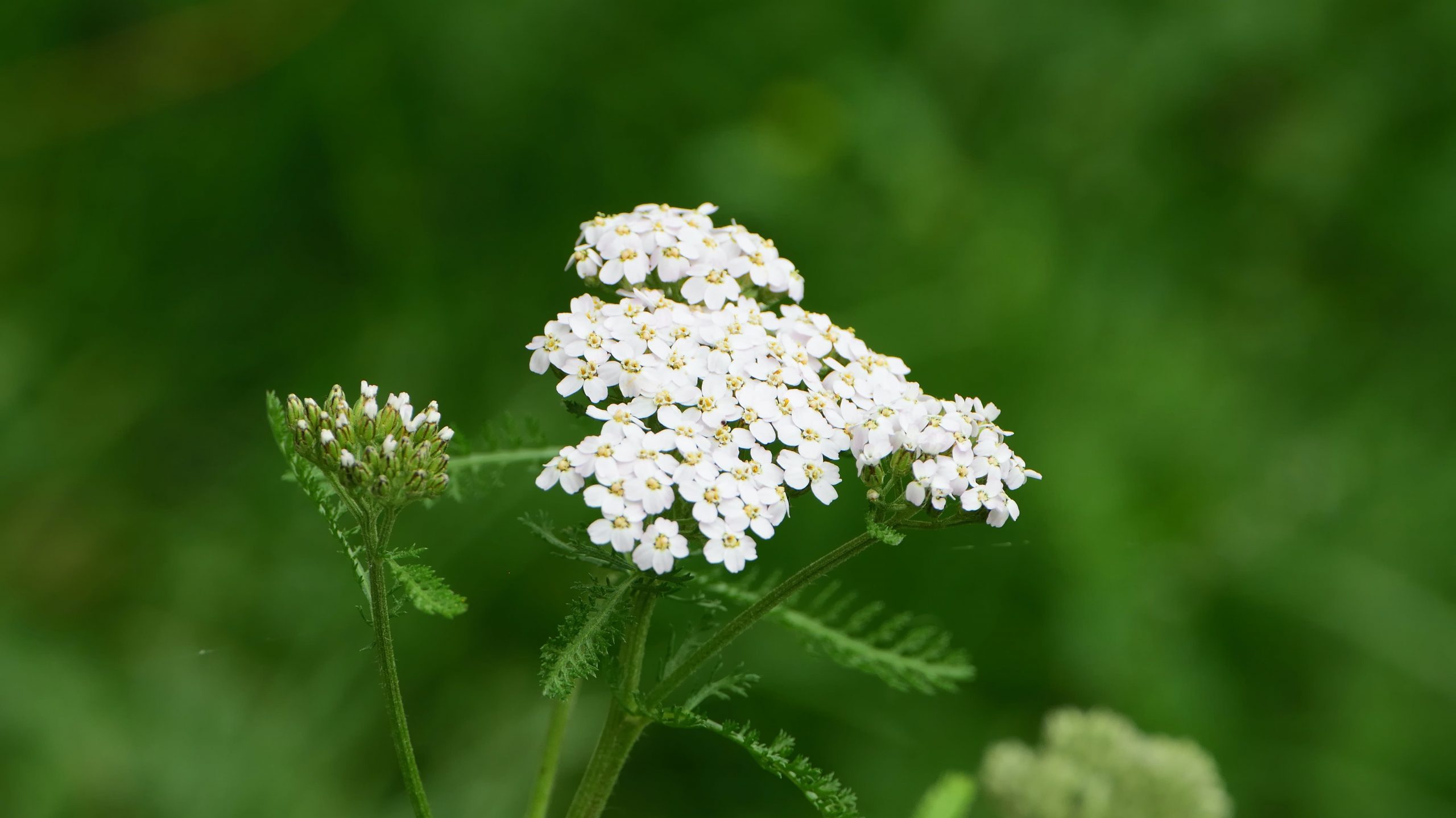
Yarrow – Achillea millefolium
The flowers of yarrow are often arranged in broad, flattened clusters called umbels. They come in a range of colors, including white, pink, yellow, and red. The individual flowers are small, with a characteristic daisy-like appearance. Yarrow blooms from late spring through summer, attracting pollinators like bees and butterflies.

